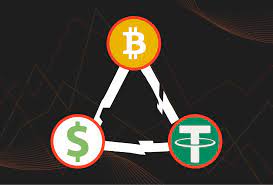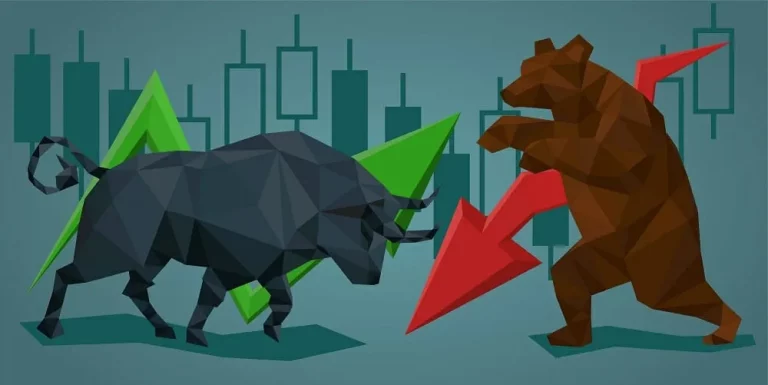Everything You Need to Know About Buying and Selling ETH
Introduction:
Ethereum (ETH) is one of the most popular cryptocurrencies in the world, second only to Bitcoin. It has a wide range of use cases, from serving as a digital currency to powering decentralized applications (dApps) and smart contracts on the Ethereum blockchain. With the growing popularity of cryptocurrencies and the increasing number of individuals and institutions investing in them, buying and selling ETH has become more accessible and convenient than ever before. In this article, we will cover everything you need to know about buying and selling ETH, including how to analyze the market, choose an exchange, store your ETH securely, and more.
Market Analysis:
Before you buy or sell ETH, it’s important to have a good understanding of the market and the factors that can influence the price of ETH. Like other cryptocurrencies, the price of ETH is highly volatile and can fluctuate rapidly in response to various factors such as news, events, and market sentiment. Therefore, it’s important to stay up-to-date with the latest news and analysis on the cryptocurrency market and the factors that can impact the price of ETH.
Some popular resources for market analysis include CoinMarketCap, CoinGecko, and TradingView. These platforms provide real-time data and insights on the performance of different cryptocurrencies, including ETH, and allow you to track the price, volume, market capitalization, and other key metrics of different digital assets. You can also use technical analysis tools such as charts, indicators, and oscillators to identify trends and patterns in the market and make informed trading decisions.
Choosing an Exchange:
Once you have analyzed the market and decided to buy or sell ETH, you need to choose a reputable and trustworthy exchange that supports ETH trading. There are many exchanges available, each with its own features, fees, and security measures. Some popular exchanges for buying and selling ETH include Coinbase, Binance, Kraken, and ChangeHero.
When choosing an exchange, it’s important to consider factors such as the exchange’s reputation, security, liquidity, fees, and user interface. You should also check if the exchange supports the payment methods you prefer, such as bank transfers, credit/debit cards, or PayPal. Additionally, some exchanges offer advanced trading features such as margin trading, futures trading, and options trading, which may be of interest to experienced traders.
Storing Your ETH Securely:
Once you have bought ETH, it’s important to store it securely in a wallet that you control. There are two main types of wallets: hardware wallets and software wallets. Hardware wallets are physical devices that store your private keys offline, while software wallets are digital wallets that can be accessed through a mobile app or web browser.
Hardware wallets are generally considered to be more secure than software wallets, as they are less vulnerable to hacking and cyber attacks. Some popular hardware wallets for storing ETH include Ledger Nano S, Trezor, and KeepKey. These devices are designed to keep your private keys offline and away from potential threats such as malware and phishing attacks.
Software wallets, on the other hand, are more convenient and accessible than hardware wallets, as they can be accessed through a mobile app or web browser. However, they are also more vulnerable to security threats such as malware, phishing attacks, and hacking. Some popular software wallets for storing ETH include MyEtherWallet, MetaMask, and Exodus.
Selling Your ETH:
When it comes to selling your ETH, the process is similar to buying ETH. You need to log in to your exchange account, navigate to the sell ETH section, and enter the amount of ETH you want to sell. You will then be asked to confirm the transaction and provide
the receiving address for the funds. Once you confirm the transaction, the ETH will be sent to the receiving address, and you will receive the funds in your chosen payment method, such as bank transfer or PayPal.
It’s important to note that selling ETH may trigger capital gains taxes in some countries, depending on the profit or loss you make from the transaction. Therefore, it’s important to keep track of your trading activities and consult a tax professional to understand your tax obligations.
Tips for Buying and Selling ETH:
- Only invest what you can afford to lose: Cryptocurrencies are highly volatile and risky investments, and you should only invest what you can afford to lose. Don’t invest your life savings or money that you need for your daily expenses.
- Diversify your portfolio: Don’t put all your eggs in one basket. It’s important to diversify your cryptocurrency portfolio and invest in different digital assets that have different use cases and market conditions.
- Do your research: Before buying or selling ETH, do your research and understand the market conditions, trends, and factors that can impact the price of ETH. This will help you make informed trading decisions and minimize the risks of losing money.
- Keep your private keys safe: Your private keys are the key to your cryptocurrency holdings, and you should keep them safe and secure at all times. Don’t share your private keys with anyone and store them in a safe place, such as a hardware wallet.
- Be patient: Cryptocurrencies are not get-rich-quick schemes, and it takes time and patience to make profits from trading. Don’t panic sell or buy based on emotions or market hype, and stick to your trading strategy and long-term goals.
Conclusion:
Buying and selling ETH can be a lucrative and exciting investment opportunity, but it also comes with risks and challenges. By following the tips and best practices outlined in this article, you can minimize the risks and maximize the profits of trading ETH. Always stay informed and up-to-date with the latest market analysis and news, choose a reputable exchange, store your ETH securely, and be patient and disciplined in your trading strategy. With the right approach and mindset, you can become a successful ETH trader and investor.






